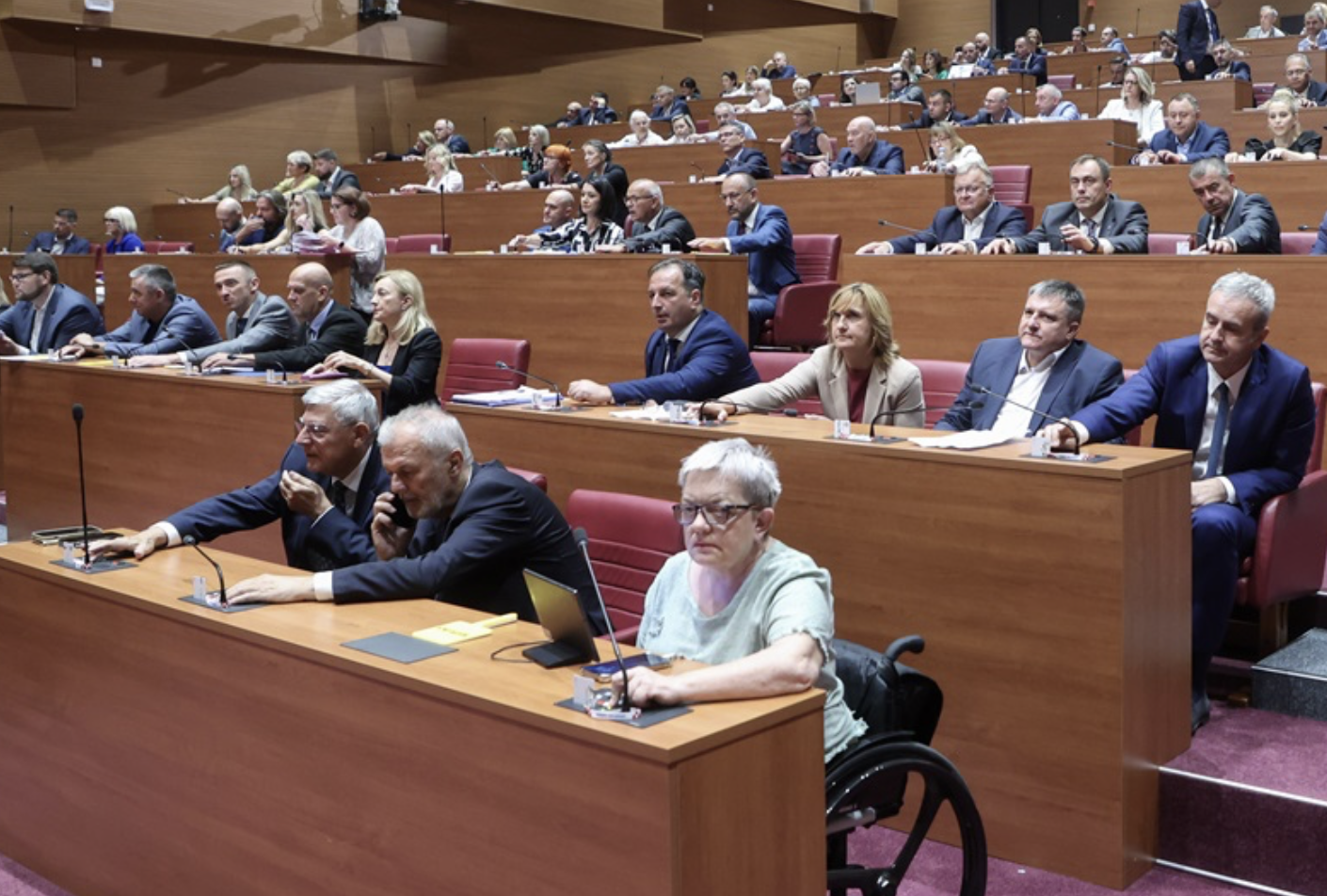Croatia expanded health insurance exemptions, raised sickness benefits, reformed healthcare staff rules by abolishing internships, tightened misconduct standards, and passed a law requiring a master’s degree for speech therapists, with two years to comply.
The Croatian Parliament has recently enacted significant amendments to three key health-related laws, set to take effect from 1 August. The most comprehensive changes relate to the Mandatory Health Insurance Act, where the list of individuals exempt from reporting to the Croatian Health Insurance Fund (HZZO) every three months has been notably expanded. Previously, exemptions covered those on maternity and parental leave, individuals unable to report due to health or other reasons, and people with third- or fourth-degree disability status. With the new amendments, single parents of children under seven, carers of seriously ill family members, and pupils or students re-enrolling in education will also be excused from this reporting requirement.
Financial benefits under the health insurance provisions have also been improved. The minimum monthly sickness benefit during temporary incapacity for work will rise substantially from €110 to €353, while the maximum will increase from €565 to €995. The same €353 minimum will now apply to insured persons on extended sick leave who do not meet the standard employment-period criteria. Parents caring for a sick child up to the age of seven will be eligible for 100% of their salary base during this period. Furthermore, travel reimbursements for medical purposes are now standardized, calculated at 0.025% of the budget base per kilometre from the patient’s home to the relevant healthcare facility.
A motion from the We Can! party – which sought to mandate the government to draft amendments within 60 days for full public funding of abortion services – was rejected by Parliament.
Another set of important changes was passed under a fast-track procedure in the Health Care Act. Mandatory internships for a wide range of healthcare professions, including midwife assistants, health lab technicians, and dental assistants, are now abolished. Instead, newcomers to these fields must undergo a supervised work period of up to three months. Significantly stricter rules have also been introduced regarding criminal conduct: anyone under investigation or convicted of sexual offences or child abuse is barred from providing or participating in healthcare provision, and employers are required to terminate contracts with those convicted of such crimes.
Finally, the new Speech Therapy Services Act was passed, professionalizing the field further. Only those holding a master’s degree in speech therapy, who are licensed by the Croatian Chamber of Speech Therapists and registered, may practice. The law sets clear criteria about practice locations and operational standards for speech therapy providers. Existing companies and sole proprietors have a two-year period to adapt to the new legal requirements, ensuring compliance with these heightened professional standards.


